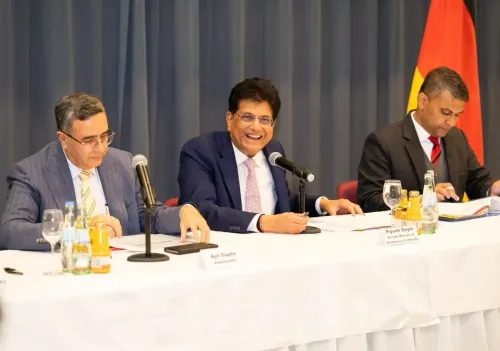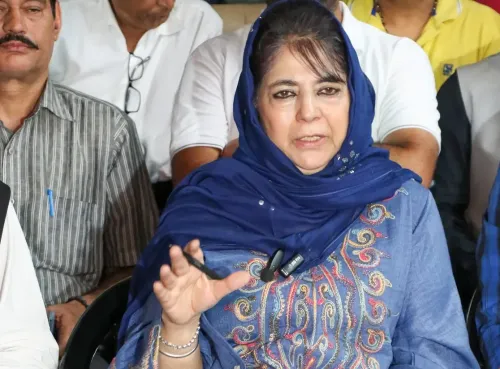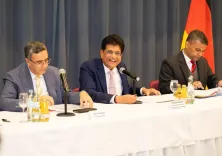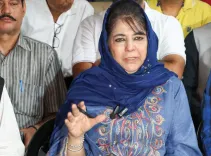Why is the Meghalaya Khasi Hills Council Opposing the Centre’s Move to Eliminate Public Hearings for Uranium Mining?
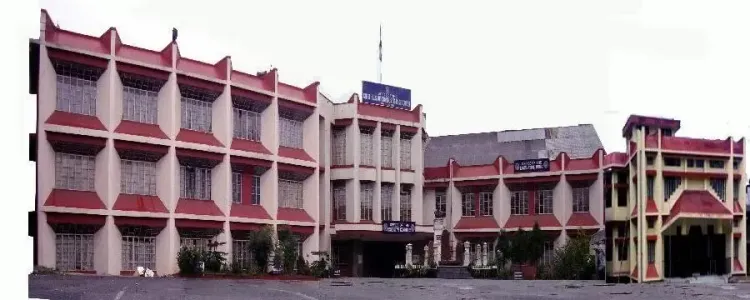
Synopsis
Key Takeaways
- KHADC opposes Central government's mining directive.
- Directive removes public consultation requirement.
- Potential risks to indigenous rights and environment.
- Resolution calls for exemption for KHADC areas.
- Previous mining attempts met with large public protests.
Shillong, Oct 23 (NationPress) The Khasi Hills Autonomous District Council (KHADC) has voiced its strong opposition to a recent directive from the Central government, which eliminates the need for public consultations prior to commencing uranium mining projects in tribal territories, labeling it a direct threat to indigenous rights and environmental protections.
During a council meeting on Wednesday night, Chief Executive Member (CEM) Winston Tony Lyngdoh tabled and successfully passed a resolution that rejects a September memorandum issued by the Ministry of Environment, Forest, and Climate Change (MoEFCC).
This memorandum exempts mining projects involving atomic minerals, such as uranium, from mandatory public hearings, following amendments to the Mines and Minerals Act, 2023.
The intent behind this move is to accelerate approvals for what the Centre deems as “critical and strategic” minerals.
Lyngdoh cautioned that this exemption could have significant repercussions for tribal communities in Meghalaya, asserting that the directive undermines traditional governance systems by permitting mining in tribal lands without local consent.
“Such policies ignore community voices and jeopardize both the environment and public health,” he remarked during the session.
The resolution urges the Central government to exclude the areas under KHADC's jurisdiction from the memorandum's scope.
Lyngdoh indicated that the council has already reached out to the MoEFCC secretary requesting such an exemption, yet has not received an official reply to date.
Opposition leader Titosstarwell Chyne expressed concerns that the resolution did not fully meet expectations. He argued that restricting the exemption request to Khasi Hills could inadvertently support uranium mining in other tribal regions like Jaintia and Garo Hills.
Chyne called for a complete retraction of the memorandum across all tribal areas in Meghalaya.
He also warned that eliminating the public hearing process would effectively mute indigenous voices and diminish community oversight regarding mining decisions that could permanently affect their ancestral lands.
Chyne reminded the council that past attempts by the Centre to initiate uranium mining in the state faced substantial public protests, highlighting profound community opposition due to environmental and social concerns.

